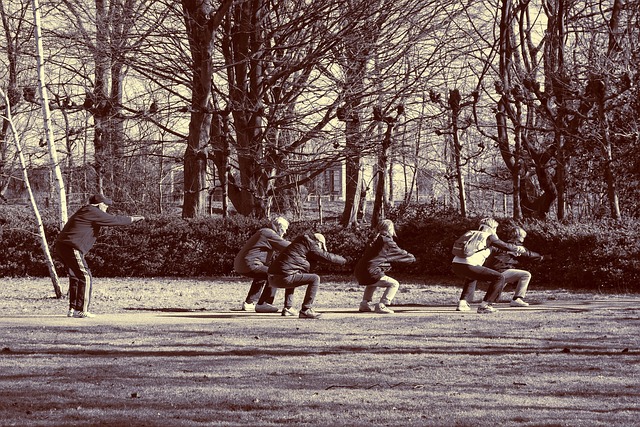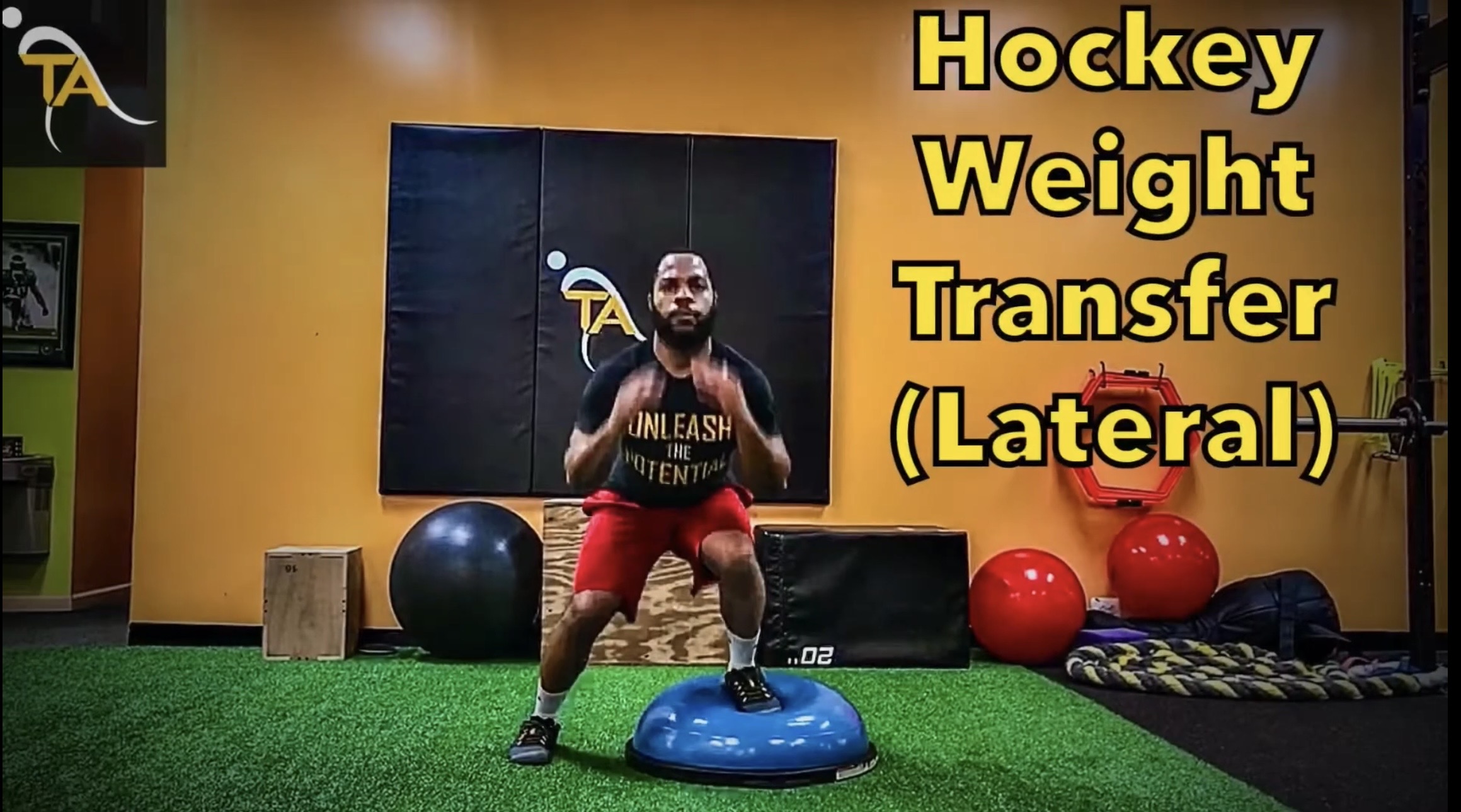The Importance of Nutrition, Sleep, and Athletic Development for Young Athletes
For young athletes, balancing training, school, and personal life can be challenging, but proper nutrition, quality sleep, and focused athletic development are key factors that significantly impact performance and long-term success. The human body has a short window to grow to its full potential, These three pillars are not only crucial for athletic growth but also for overall well-being, helping young athletes thrive on and off the field but also in their future.
Nutrition: Fuel for Performance
Nutrition plays a pivotal role in a young athlete’s performance, recovery, and growth. A well-balanced diet ensures that an athlete’s body has the energy and nutrients it needs to train hard, perform at peak levels, and recover effectively.
- Energy Requirements: Young athletes require more energy (calories) than their peers who are not involved in intense physical activity. This includes carbohydrates for energy, proteins for muscle growth and repair, and fats for sustained endurance. Young athletes often have trouble gaining weight and usually it is due to the calorie deficit from all the games, practices and activities in general.
- Vitamins and Minerals: Nutrients like calcium, iron, and vitamin D are essential for bone health, immune function, and overall physical development. Deficiencies in these nutrients can negatively affect an athlete’s performance and recovery.
- Hydration: Staying hydrated is crucial for regulating body temperature and maintaining stamina. Dehydration can lead to fatigue, cramps, and impaired focus, all of which can affect performance. Water is the key ingredient in the majority of the body’s processes for efficiency.
Sleep: Essential for Recovery and Growth
Sleep is just as important as physical training when it comes to athletic performance. During deep sleep, the body repairs itself, strengthens muscles, and replenishes energy stores.
- Recovery: Sleep allows for the repair of muscles and tissues, which is vital for young athletes who are continually pushing their bodies to perform. It helps with recovery after intense workouts and competitions, reducing the risk of injury.
- Cognitive Function: Quality sleep also plays a significant role in mental sharpness and focus, which are critical for decision-making, reaction time, and concentration during training and games.
- Growth: Growth hormone is released during deep sleep, which is especially important for young athletes who are still developing physically. Sleep contributes to physical growth, muscle development, and improved performance over time.
Athletic Development: Building Skills and movement efficiency
Athletic development goes beyond just physical training; it encompasses building a strong foundation of skills, strength, and mental toughness. For young athletes, early development should focus on a balance of physical conditioning, skill acquisition, and mental resilience.
- Physical movement efficiency and power: Strength training, cardiovascular fitness, agility drills, and flexibility exercises form the core of athletic conditioning. Building endurance, power, and coordination can enhance performance in nearly any sport, while reducing the risk of injury. The ability to move in unison from a young age, allows for the foundation for strength and power training as testosterone enters the scene.
- Skill Development: Developing core movements that allow for the athlete to transfer the athleticism to the ice is essential. If a skating coach asks to get lower in the stride but the athlete can’t, no matter how strong, the athlete can’t performa the core movement. Develop the efficiency in movement and be able to move powerfully and efficiently in sport.
- Mental Toughness: Developing a strong mindset is essential for young athletes. Teaching resilience, focus, and the ability to handle pressure can have a significant impact on performance, especially in high-stakes situations. A positive attitude and mental preparedness often separate good athletes from great ones.
The three not so secret truths
Proper nutrition fuels performance, adequate sleep supports recovery and growth, and structured athletic development builds the skills and physical conditioning necessary for success. The developing athlete must build a strong foundation so when the body has reached its full growth potential it is as effective and efficient as possible.By prioritizing these elements, young athletes can set themselves up for long-term growth, reduce the risk of injury, and reach their full potential in their chosen sport.
#unleashthepotential
Written by:
Kirill Vaks
BA, CSCS
Take action… Now!
Voorhees Flyers Training center.
The Hollydell ice arena, in the main building.



